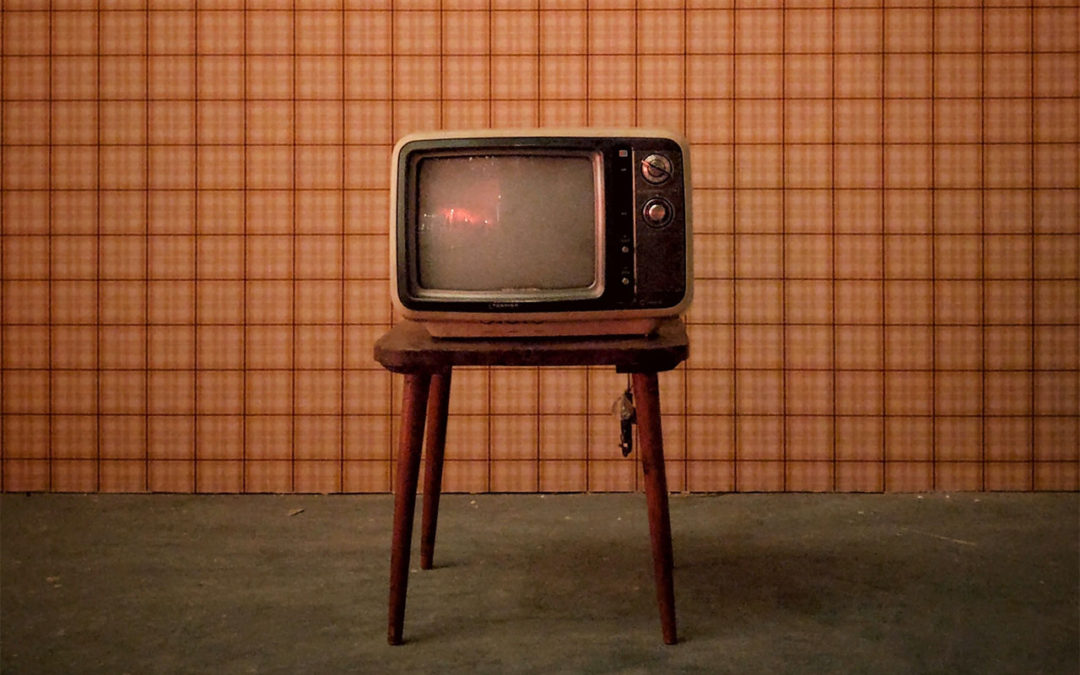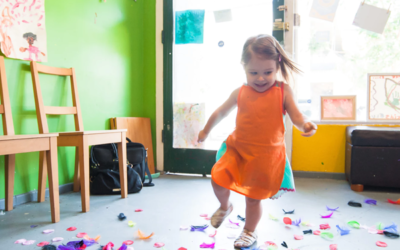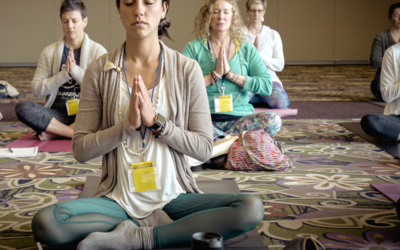Back when many of us were growing up, our parents would yell at us to shut the TV off and go outside and play. Parents of generations past knew that fresh air and sunshine were ultimately healthier than watching the “boob tube.” And back then the boob tube was far gentler than it is today!
But with each passing generation of parents, the TV was not just used for entertainment, it also became the number 1 babysitter for many households. I’m sure if we’re honest, most of us would admit to sticking our kids in front of the television so we could get some work done.
But there have been far too many studies that have concluded that television is harmful to our children’s development. In fact, many child psychologists and child development experts recommend that young children between the ages of 2 and 3 not be exposed to TV at all. Sadly, many parents place their young toddler in front of the TV set in hopes it will be educational for them.
Just How harmful is Television to Children?
It may surprise you what some studies uncovered about the effects of television viewing and children:
1. Poor Academic Performance
Researchers at Columbia’s College of Physicians and Surgeons found that 14-year-olds who watched more than one hour of TV daily “were at elevated risk for poor homework completion, negative attitudes toward school, poor grades, and long-term academic failure.’’ Those kids who watched three or more hours of TV each day were at even greater risk for learning disabilities.
2. A Lower Level of Education
Another study published in the American Archives of Pediatrics and Adolescent Medicine found that “Increased time spent watching television during childhood and adolescence was associated with a lower level of educational attainment by early adulthood.’’
3. Development of Bad Lifestyle Choices
It’s not just education that is affected by TV viewing. The University of Michigan Health System has stated that kids who watch television are more likely to be overweight, smoke, have high cholesterol and suffer from sleep problems.
4. Teen Sex
Other studies have found that teens who watch more sexual content on TV are twice as likely to be involved in underage pregnancy.
What Can We Do?
- Be a model to our kids and get up from the TV and do something better with our time. Pursue hobbies and social activities and involve our kids as much as possible.
- Ban electronics at the dinner table. The kids who do well in school are those who learn to speak and listen to others.
- Keep TV and cellphones out of kids’ rooms so they don’t sneak watch when they should be sleeping.
- Pay attention to what our kids are watching and consider using parenting software to shield young children from sexual or violent content.
While some of us older folks may think, “We watched TV growing up and we came out just fine,” it’s important to remember that TV viewing time back then was generally far less and the content was far different. If we want our kids to thrive and become the best they can be in the future, it may be time to make some adjustments right now.

5 Ways to Get Your Teenager to Talk to You
It's tough trying to get your teen to talk. Science has shown that the teenager's brain has yet to fully develop the frontal cortex, which is the area that controls our ability to reason, and to think before we act. As your teen's brain develops, they're also learning...
How to Help Your Young Child Get Ready for the School Year After Summer Break
It’s that time of year again when big yellow buses can be seen driving around the neighborhood and school bells begin ringing. Going back to school can definitely be an exciting time for parents and children.But for some kids, especially younger ones, going back to...
A Meditation Exercise You Can Do with Your Child
As a busy parent of a young child, you may find it challenging to find the time or space to meditate. One solution is to bring the two together, and have your child meditate with you.Meditating with Young ChildrenFor children five and under, it will be difficult for...
Quick! Get Your "Top Tips For Getting the Most Out of Counseling" Cheatsheet!
Like some of what you've seen and want to see more? Sign up for our Mailing List for a free cheat sheet on making the most out of counseling. Our list members also gain access to exclusive specials and announcements, as well as the latest from our Counseling Blog!




